I think that we need a radical design change. And I might ask if I were teaching an HCI class or design class with you, I would say, “How are you going to design this so that not one life is lost?” What if that were the design imperative rather than what’s your IPO going to be?
Archive (Page 2 of 2)
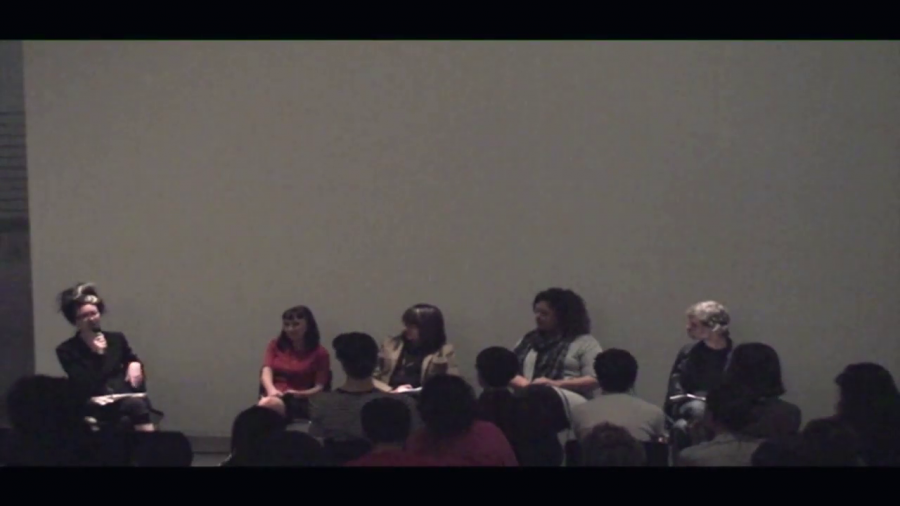
We’re losing our ability to forget the things that should be forgotten. Wait until you try to run for Senate or Congress, some of you in this room, and some pictures or text roll up.
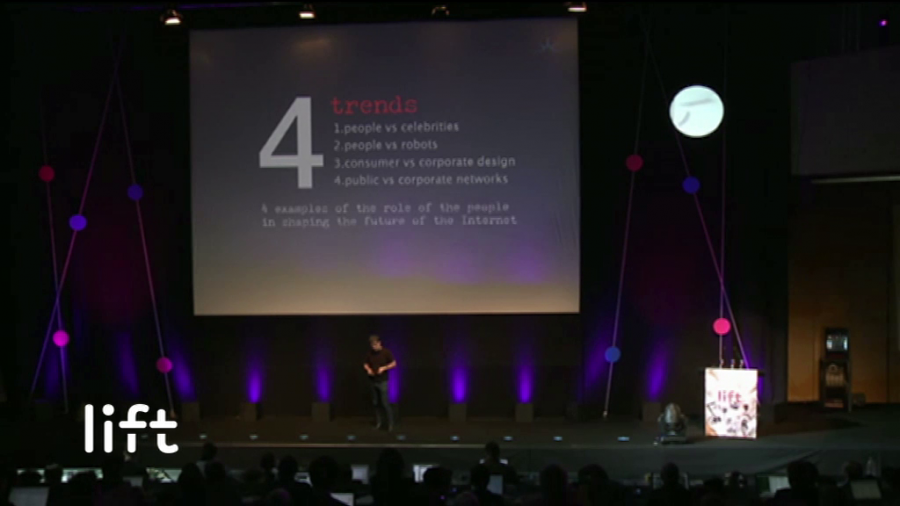
This quote’s from Andy Warhol. He was looking at America and saying America’s different. He’s saying, “Well, Elizabeth Taylor’s drinking Coke and I’m drinking Coke and the bum on the street’s drinking Coke, and it’s all the same thing.” For the first time in history, mass market culture has allowed us all to enjoy the same thing. This is not champagne. The bum on the street can’t afford champagne.
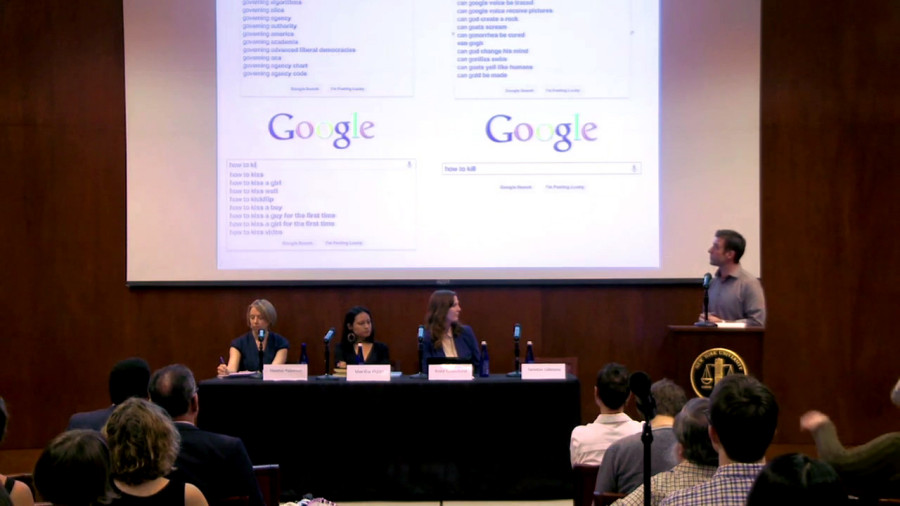
How would we begin to look at the production of the algorithmic? Not the production of algorithms, but the production of the algorithmic as a justifiable, legitimate mechanism for knowledge production. Where is that being established and how do we examine it?
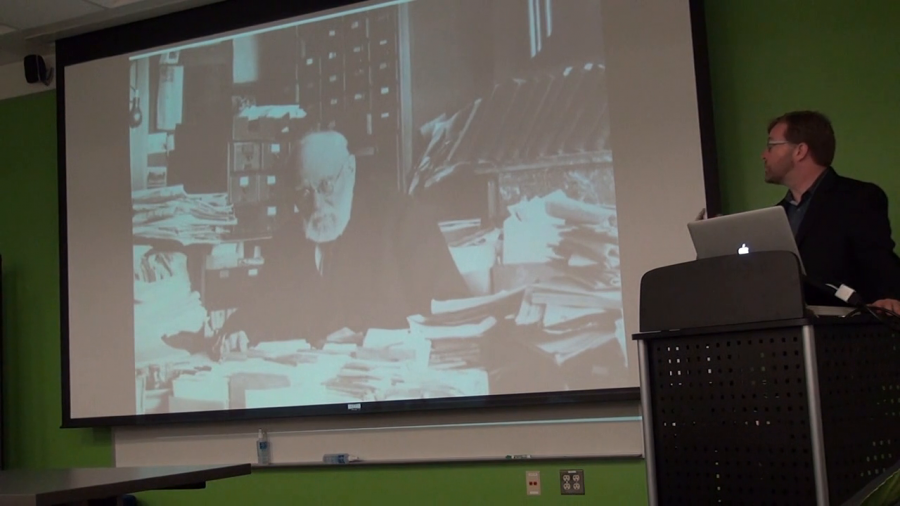
I wanted to give you a little bit of perspective on Otlet’s broader vision, which I think is in a way even more interesting as a reference point for thinking about some of the changes we’re seeing today as our lives are increasingly reshaped by technology and networks. What Otlet offers is a different way into that space, and a different way of thinking about what a networked world could look like.

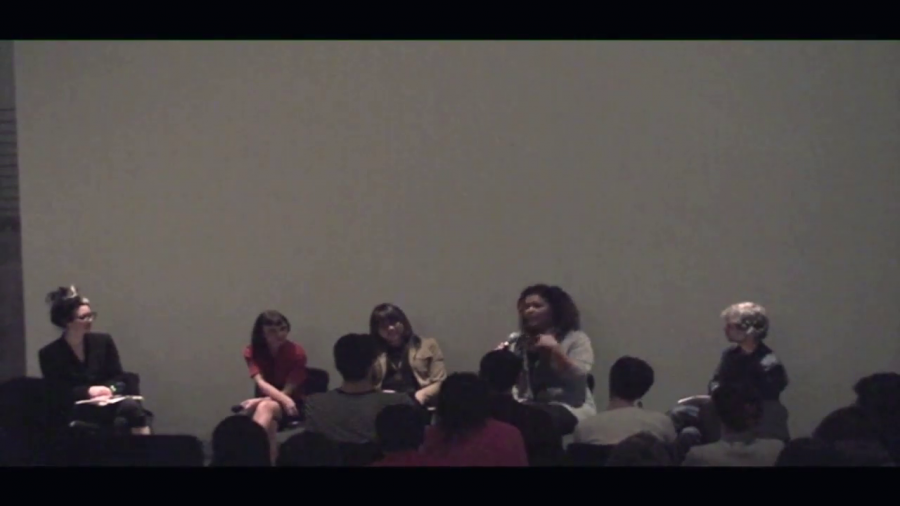
The Web We Lost
I can have my independent blog, but if it’s not being promoted through one of these networks, nobody sees it. If it’s not being injected in one of these streams in a format that’s consumable in one of these streams, that’s compatible with what they call native advertising, which is stream items that are ads, then it doesn’t get seen.